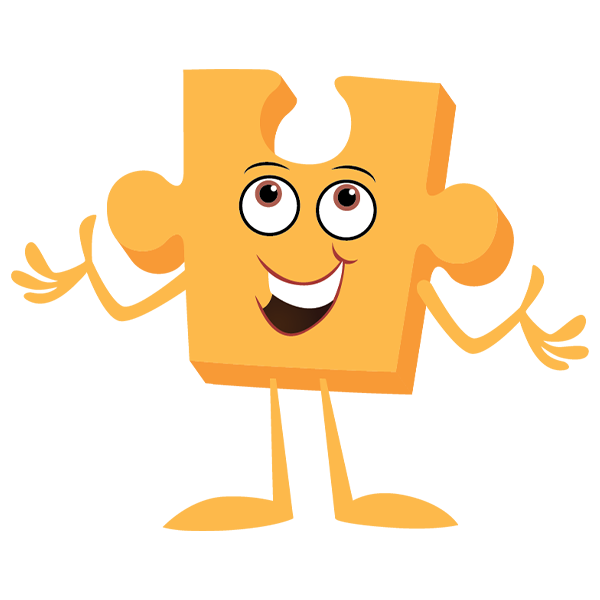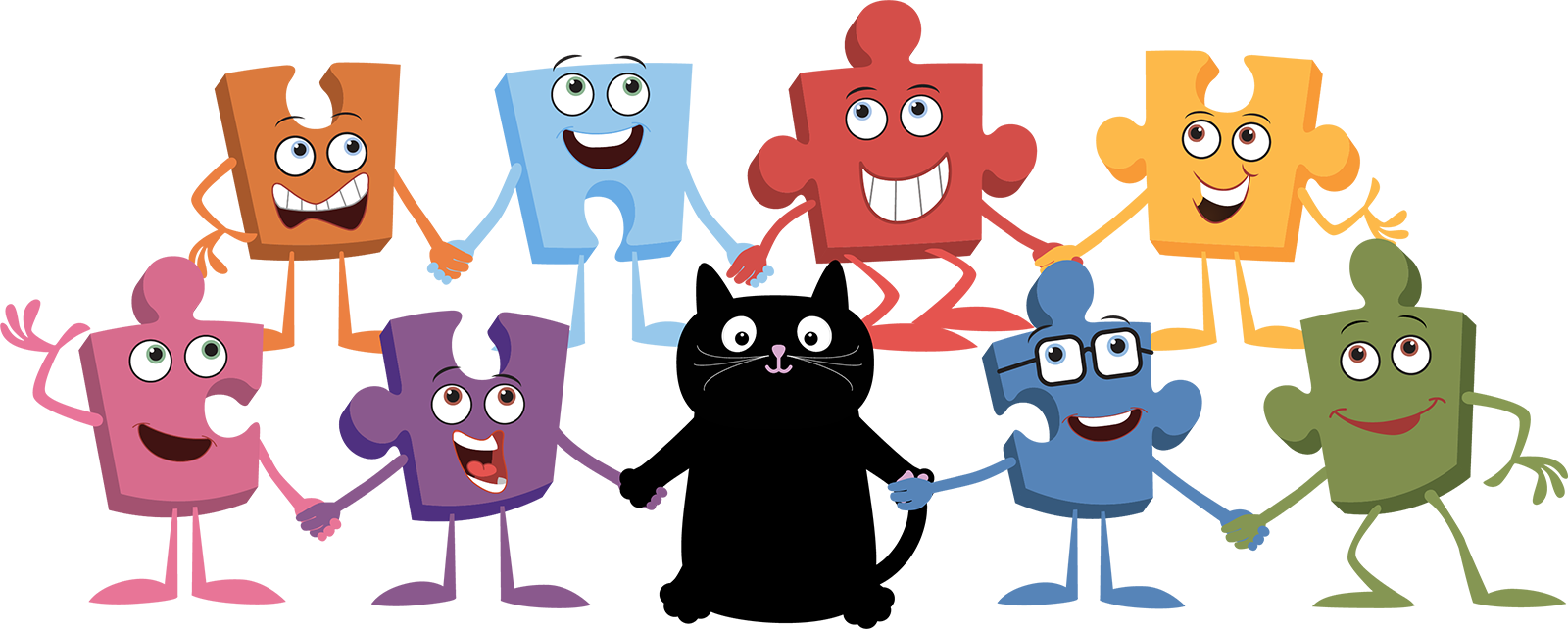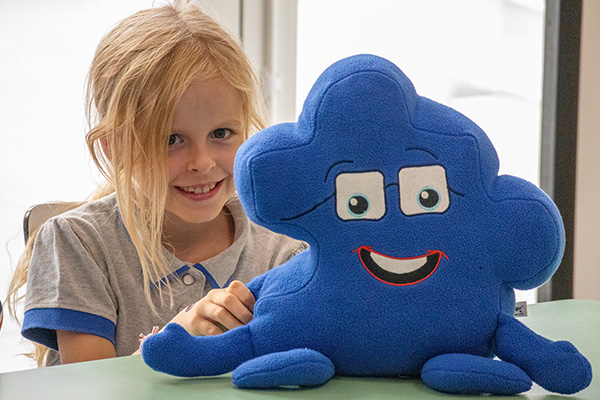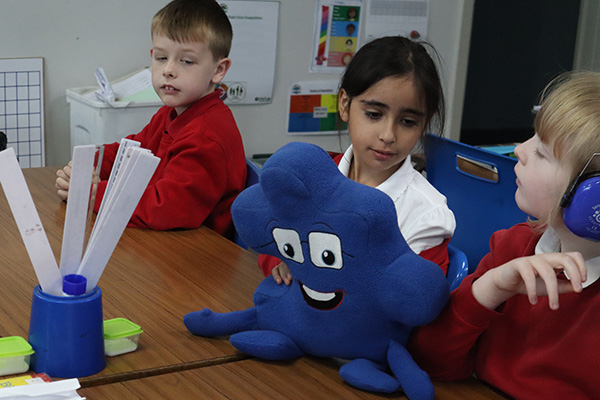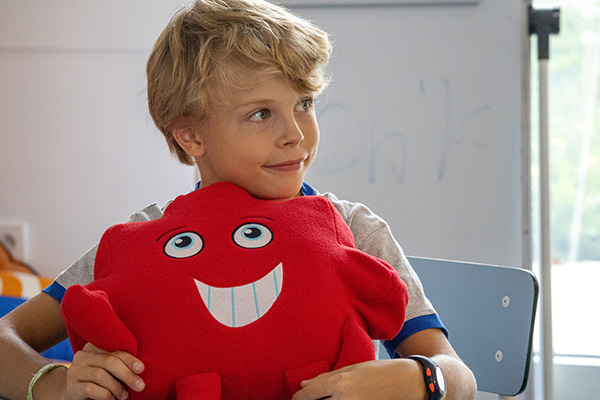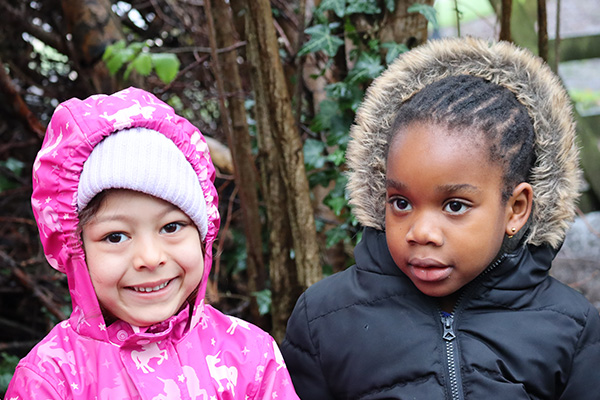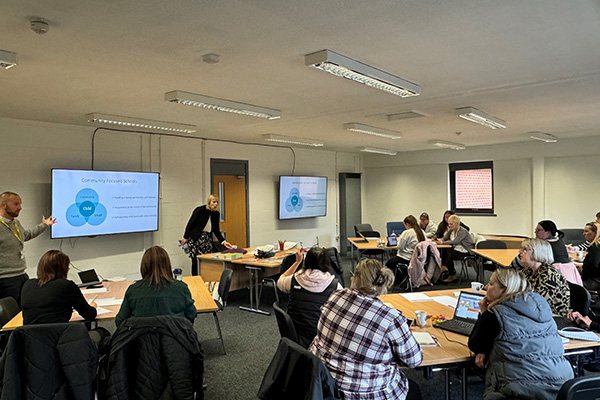Jigsaw PSHE 3-12 is a whole-school and evidence-informed PSHE curriculum that integrates mindfulness, social-emotional learning (SEL), and academic knowledge. Our programme not only focuses on developing key life skills such as resilience, empathy, and emotional regulation but also equips children with the tools to thrive academically.
Jigsaw's comprehensive programme draws insight from psychological theory and mindfulness philosophy to support children's holistic development. By incorporating evidence-informed approaches and mindfulness practices into each lesson, we enable children to build essential life skills, develop positive relationships, and apply their learning both within and beyond the classroom. Our spiral, and carefully reviewed programme offered via our online portal enables children to build their learning year after year, providing them with the foundations for lasting personal growth and lifelong success.
